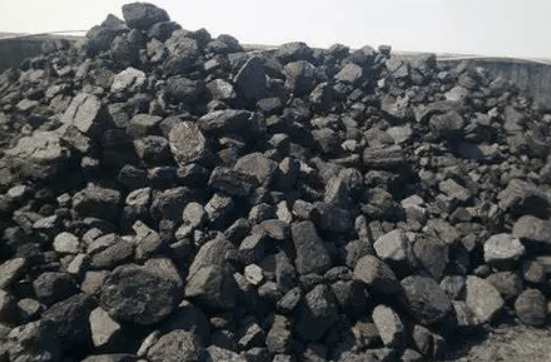The Benefits of Low-Sulphur Coal Dust in Industrial Applications

When it comes to powering industries, fuel efficiency and environmental impact are often at the forefront of decision-making. As industries strive for greater sustainability, low-sulphur coal dust has become valuable. Whether you’re operating in manufacturing, energy production, or any other heavy industry, understanding how this specific type of coal dust can optimise your processes is critical. Let’s learn about it!
Enhanced Air Quality and Reduced Emissions
One of the primary benefits of low-sulphur coal powder is its significant role in reducing harmful emissions. Sulphur dioxide (SO2) emissions are a byproduct of burning high-sulphur coal. Low-sulphur dust minimises the amount of SO2 released during combustion, thereby helping industries meet stringent environmental regulations while contributing to cleaner air.
Businesses can demonstrate their commitment to lowering their carbon footprint by using this type of coal dust. This makes adhering to government emissions standards easier, which is particularly important in an era where environmental compliance can significantly impact a company’s bottom line.
See also: Essentials Clothing – Minimalist Designs, Maximum Impact
Improved Energy Efficiency
Beyond reducing emissions, coal powder with low sulphur content also provides advantages in terms of energy efficiency. Coal with high sulphur content tends to produce more waste gases, meaning that energy is not optimally utilised during combustion. In contrast, low-sulphur coal dust generates less waste, allowing for a cleaner burn and maximising the energy output.
Efficient combustion conserves fuel and increases the operational lifespan of industrial equipment. With fewer impurities burning alongside the coal, machinery experiences less wear and tear, reducing the need for frequent maintenance or replacement parts. Over time, this can lead to substantial cost savings for businesses.
Lower Maintenance Costs
Industries that rely heavily on combustion processes often struggle with the buildup of sulphur deposits within their machinery. These deposits can lead to corrosion and damage over time, necessitating costly repairs or equipment replacements. Using low-sulphur coal dust can drastically reduce the corrosion rate, keeping industrial equipment in better shape for longer.
Additionally, with lower sulphur content in the fuel, there is less need for expensive desulphurisation technologies. Companies can reduce the operational costs associated with maintaining these systems or, in some cases, eliminate them entirely. This results in an overall reduction in maintenance expenses, which can help businesses maintain a healthy bottom line.
A Cleaner Industrial Footprint
The shift towards coal dust represents a key opportunity for industries looking to improve their environmental credentials. Not only does it make business sense, but it also allows industries to play a significant role in addressing global environmental challenges. Cleaner air, a healthier workforce, and a lower ecological impact are outcomes that benefit everyone involved.
It’s clear that reducing sulphur emissions leads to direct and indirect advantages. Indirectly, reduced environmental damage results in fewer public health risks and lower costs related to environmental restoration. These benefits extend well beyond the borders of the industries using coal powder and positively impact the surrounding communities and ecosystems.
Supporting Sustainable Industrial Growth
The use of coal dust is more than just a technical improvement; it’s an investment in sustainable industrial growth. As businesses continue to balance productivity with environmental responsibility, low-sulphur coal dust offers a way to achieve both without compromise. It’s an efficient, cost-effective, and environmentally friendly alternative to traditional fuel sources that enables industries to stay competitive.
Incorporating low-sulphur coal powder into your industrial processes offers many benefits. It’s a smart choice for any business looking to improve its environmental footprint while remaining cost-effective. Embracing cleaner, more efficient fuels isn’t just good for the planet — it’s good for business, too.






